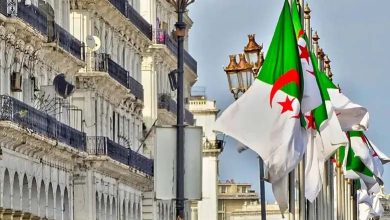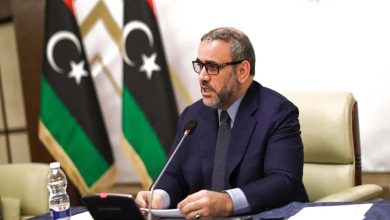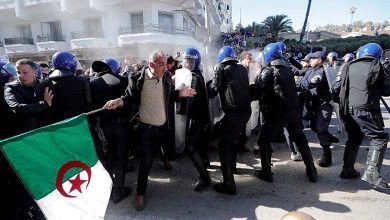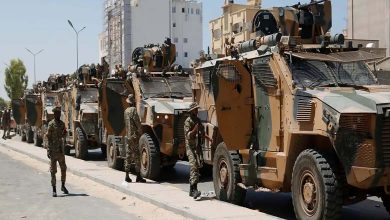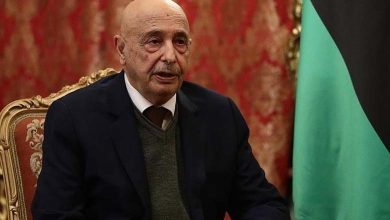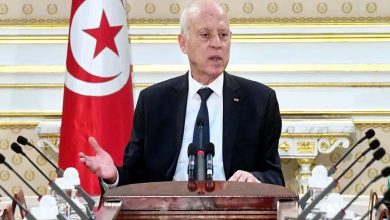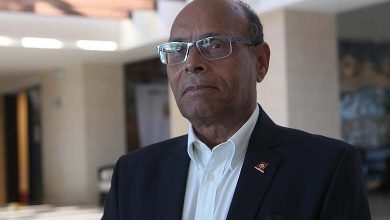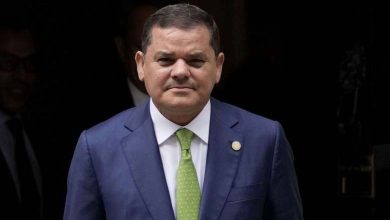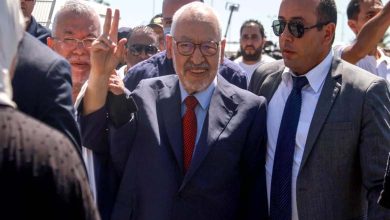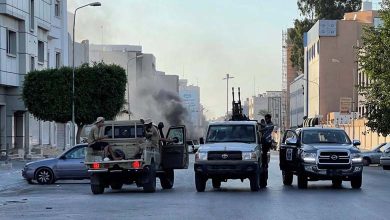Libya… What are the repercussions of the floods on the political process and the path to elections?

While the Libyan people were anticipating an exit from the political crisis that has plagued the country for years, the Mediterranean storm “Daniel” darkened the skies of the Green Mountain, leaving behind thousands of victims and dozens of buildings swept away. It transformed a vast area of cities, villages, and inhabitants spanning 7,800 square kilometers into disaster-stricken regions lacking the most basic necessities of life.
A situation has cast its grim shadows over the entire scene and deepened Libya’s crises as it seeks to break free from the political deadlock. Observers see it as another nail in the coffin of Libyan elections, especially in the near term. This is due to the stagnation that has surrounded the efforts of the Libyan House of Representatives in Benghazi and the High Council of State in Tripoli, where Libyans had hoped for electoral laws that would lead the country toward stability.
These concerns prompted members of the Joint Military Committee 5+5 representing the Government of National Unity in Tripoli to hasten a meeting with the Special Representative of the Secretary-General of the United Nations, Abdoulaye Bathily, who tweeted: “I listened to their concerns about the continuation of the political deadlock and its potential ramifications on the security situation, especially following the tragedy in Derna.”
On the other hand, 40 kilometers away from the city of Derna, the Speaker of the Libyan House of Representatives, Aguila Saleh, received a delegation from the city of Misrata, led by a member of the High Council of State, Belqasem Qizit.
The meeting discussed the latest developments in the country on various fronts and the efforts being made to end the current phase through the formation of a unified government on the entire Libyan territory, which would lead to presidential and parliamentary elections in the near future to guide the country toward stability, according to Abdullah Bliheg, the spokesperson for the House of Representatives.
Until recently, the option of a unified government was a subject of consensus between the Speaker of the House of Representatives, Aguila Saleh, and the former head of the High Council of State, Khaled Al-Mishri. However, the new head of the High Council of State, Mohamed Tukalla, is determined to propose keeping the Government of National Unity in Tripoli for an additional two years with a ministerial reshuffle. Additionally, the presidential elections will be postponed due to the floods that hit eastern Libya, with only parliamentary elections taking place at the end of 2024, while presidential elections are delayed until 2025, according to a post by the “Popular Front for the Liberation of Libya” on its Facebook page.
It appears that a new phase of disputes will soon emerge in Libya after the calm of Storm Daniel, which observers believe will impact the political consensus and delay Libya’s path to elections, which may not see the light of day in the near term.


